What Car Parts Are Made Of Titanium?
Advantages of Titanium in Automotive Engineering
Titanium offers specific benefits when designing vehicles. It is lightweight, thereby lowering the overall vehicle mass. This reduction in mass improves fuel economy and performance. The metal withstands significant loads and pressure. Titanium is used in exhaust systems and connecting rods, ensuring proper function under demanding conditions.
Titanium also protects against rust because it does not corrode. This property extends the operational life of components. Under adverse weather conditions and on rough roads, titanium parts continue to operate reliably. I have observed vehicles from previous decades with titanium components that remain operational. The metal tolerates mechanical wear better than many alternative materials. Titanium sustains high temperatures, a quality that is crucial for engine and exhaust parts because other metals may experience wear at elevated temperatures.
Key Automotive Components Made from Titanium
Titanium is employed in numerous automotive components. One common part is the exhaust system. Titanium exhaust systems cut overall weight and tolerate high temperatures. Many high-performance vehicles use titanium exhausts to increase performance given that even minor weight reductions can be critical.
Another essential component is the connecting rod. These rods join the piston to the crankshaft. Titanium connecting rods reduce engine mass and facilitate faster acceleration. In high-speed vehicles, small weight reductions yield measurable improvements.
Other components include valves and springs. Titanium valves resist heat and mechanical loads better than several other metals. High-grade titanium springs are used in suspension systems to maintain stable operation under dynamic conditions. In some cases, fasteners such as screws and bolts in race cars are manufactured from titanium. Their use decreases overall weight while maintaining the required strength.
Further Reading: Application of Titanium in the Automotive Industry
Applications in High-performance and Luxury Vehicles
High-performance and luxury vehicles frequently incorporate titanium components. In race cars, every reduction in mass is critical. Engineers select titanium for parts such as connecting rods and valves because the weight reduction leads to a measurable performance enhancement. The material’s strength enables it to withstand high loads in racing. I have observed several racing teams opting for titanium to maintain reliability and reduce failure risk.
Luxury vehicles also benefit from the properties of titanium. In these vehicles the metal is used for precision components in engine and exhaust systems. Its application contributes to smooth operation and extended service life. Many luxury models now include titanium accents that contribute to a contemporary design. The metal meets the rigorous standards required in automotive engineering.
New Applications of Titanium in the Automotive Industry
Recently, titanium has found additional applications in the automotive industry. With advancements in automotive engineering, engineers seek materials that are both lighter and stronger. Titanium is now used in components for electric vehicles. Its reduced weight helps to increase the driving range of electric cars. The metal is also applied in battery enclosures and engine components to improve overall efficiency.
Conclusion
Titanium occupies a specific role in automotive engineering. Its low weight, high strength and corrosion resistance render it suitable for many automotive parts. Exhaust systems, connecting rods, valves, springs and fasteners serve as examples of its application.
Frequently Asked Questions
Q: Why is titanium favoured for automotive components?
A: Its low weight, high strength and corrosion resistance enhance both performance and service life.
Q: Which automotive component is most commonly manufactured from titanium?
A: Exhaust systems and connecting rods are the components most frequently produced from titanium.
Q: Can titanium improve the fuel efficiency of cars?
A: Yes, titanium reduces the overall mass, thereby improving fuel economy and performance.

 Bars
Bars
 Beads & Spheres
Beads & Spheres
 Bolts & Nuts
Bolts & Nuts
 Crucibles
Crucibles
 Discs
Discs
 Fibers & Fabrics
Fibers & Fabrics
 Films
Films
 Flake
Flake
 Foams
Foams
 Foil
Foil
 Granules
Granules
 Honeycombs
Honeycombs
 Ink
Ink
 Laminate
Laminate
 Lumps
Lumps
 Meshes
Meshes
 Metallised Film
Metallised Film
 Plate
Plate
 Powders
Powders
 Rod
Rod
 Sheets
Sheets
 Single Crystals
Single Crystals
 Sputtering Target
Sputtering Target
 Tubes
Tubes
 Washer
Washer
 Wires
Wires
 Converters & Calculators
Converters & Calculators
 Write for Us
Write for Us
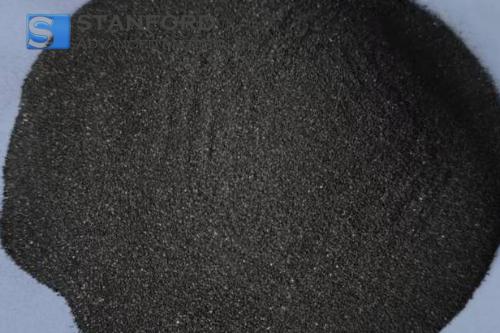
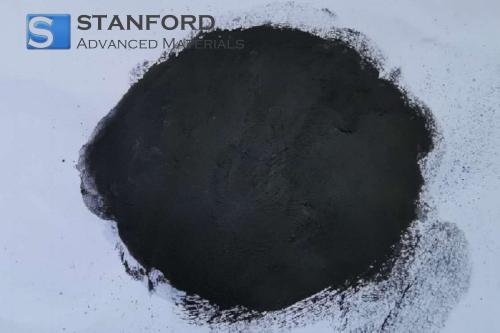
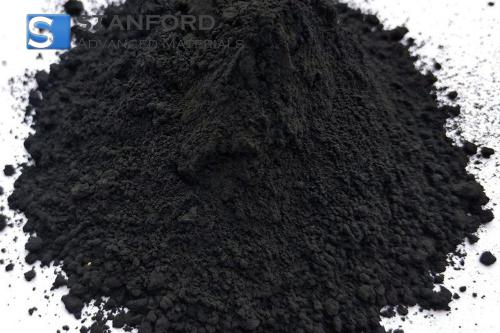
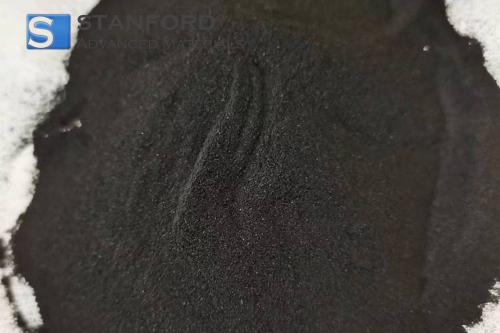
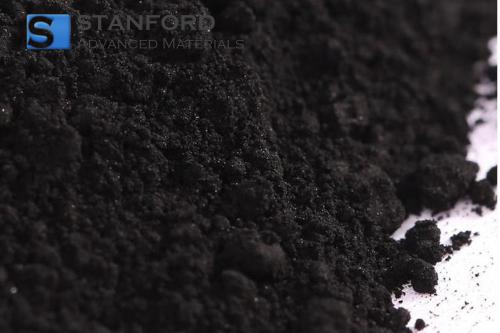
 Chin Trento
Chin Trento


